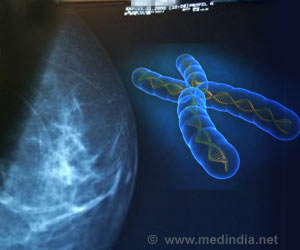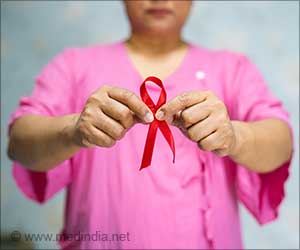A new biological mechanism identified by scientists allows brain tumor cells to escape from the drugs designed to target them, resulting in drug resistance.

Remarkably, Nathanson and Mischel''s study, co-led by JCCC professors Harley Kornblum (UCLA), James Heath (UCLA and Caltech) in close collaboration with Dr. Timothy Cloughesy (UCLA), and Nagesh Rao (UCLA), also found that after the drug is removed, the tumor cells reacquire the gene mutation (called an oncogene) that helps the tumor cells grow more robustly. Thus, they discovered that tumor cells can eliminate the oncogene identified by drugs that specifically target them, and regain the oncogene after treatment is stopped. Importantly, the tumor cells'' dynamic ability to reacquire this oncogene makes them vulnerable to the original therapy.
"Now that we know that tumor cells have the surprising capacity to lose this oncogene during treatment and then reverse the process after drug removal, we may be able to exploit this phenomenon in the clinic." Nathanson said.
Another exciting aspect of this discovery is that it is potentially applicable to other cancers that are susceptible to oncogene elimination. This is the first study to show reversible loss of an oncogene causing drug resistance, and could lead to different and more effective approaches to treat these cancers.
This research was supported by The Ben and Catherine Ivy Foundation Fund, the National Institutes of Health, the Ziering Family Foundation, Art of the Brain Fund, the James S. McDonnell Foundation, The European Commission, the Ruth L. Kirschstein Institutional National Research Service Award, the UCLA Scholars in Oncologic Molecular Imaging Program and the Ludwig Institute for Cancer Research.
Source-Newswise















